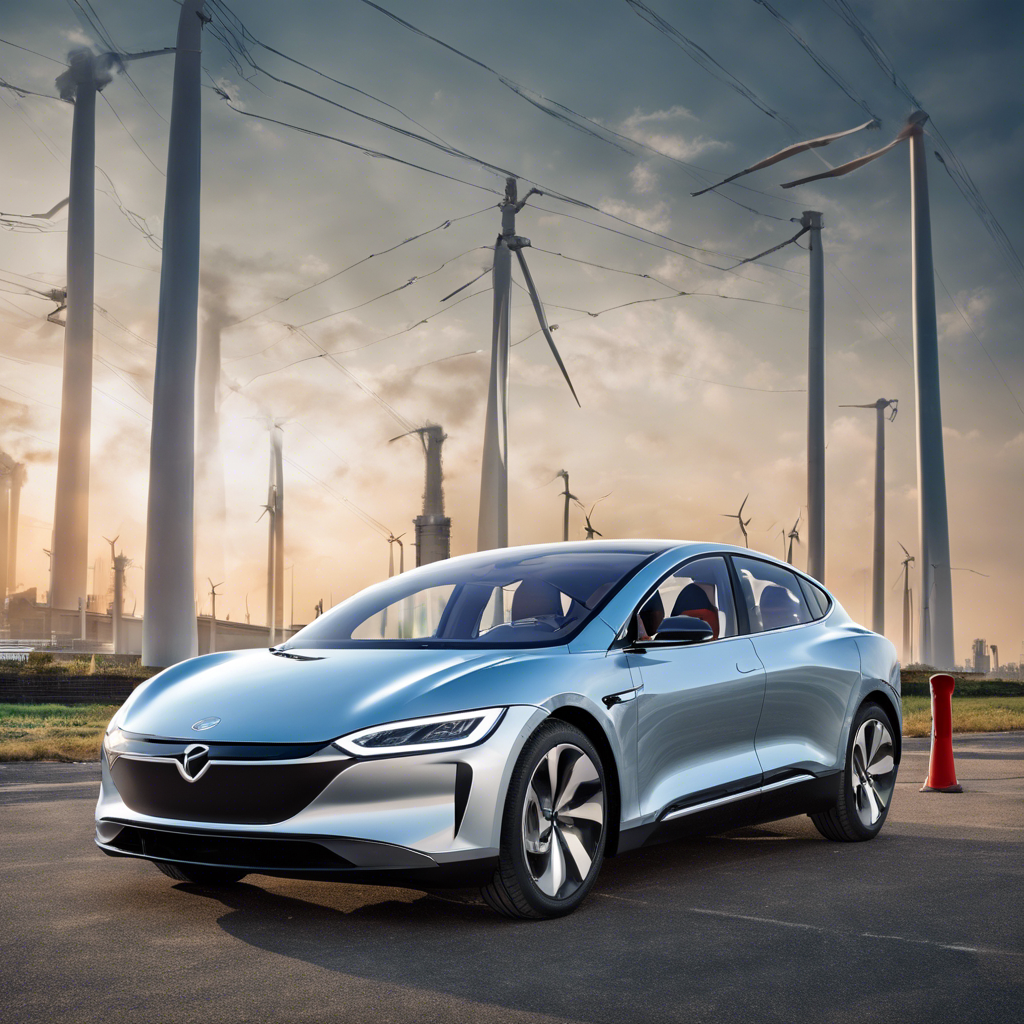The Rise of Electric Vehicles: Revolutionizing the Automotive Industry

How Electric Vehicles are Transforming the Way We Drive
The automotive industry is undergoing a significant transformation, with electric vehicles (EVs) emerging as a disruptive force. As concerns about climate change and air pollution continue to grow, governments and consumers alike are increasingly turning to EVs as a sustainable transportation solution. This shift is not only reshaping the automotive landscape but also presenting new opportunities and challenges for manufacturers, consumers, and the environment.
1: The Environmental Imperative
One of the primary drivers behind the rise of electric vehicles is the urgent need to reduce greenhouse gas emissions and combat climate change. With traditional internal combustion engine (ICE) vehicles being a major contributor to carbon dioxide emissions, EVs offer a cleaner alternative. By running on electricity rather than fossil fuels, EVs produce zero tailpipe emissions, significantly reducing air pollution and improving air quality in urban areas.
2: Technological Advancements
The rapid advancements in battery technology have been instrumental in making EVs more practical and appealing to consumers. Lithium-ion batteries, which power most EVs, have become increasingly efficient, providing longer driving ranges and quicker charging times. Additionally, the development of fast-charging infrastructure has alleviated concerns about range anxiety, making EVs a viable option for long-distance travel.
3: Government Incentives and Regulations
To encourage the adoption of EVs, governments around the world have implemented various incentives and regulations. These include tax credits, rebates, and grants for EV purchases, as well as stricter emissions standards for automakers. Such measures have not only made EVs more affordable for consumers but have also pushed manufacturers to invest in electric vehicle research and development.
4: The Economic Impact
The rise of electric vehicles is not only reshaping the automotive industry but also creating new economic opportunities. The production of EVs requires a different supply chain, with a greater emphasis on battery manufacturing and charging infrastructure. This shift has led to the emergence of new industries and job opportunities, stimulating economic growth and innovation.
5: Consumer Adoption and Challenges
While the adoption of electric vehicles is on the rise, there are still challenges to overcome. The higher upfront cost of EVs compared to traditional vehicles remains a barrier for many consumers. However, as battery costs continue to decline and economies of scale are achieved, the price gap is expected to narrow. Additionally, the limited availability of charging infrastructure in certain regions can deter potential EV buyers, highlighting the need for further investment in charging networks.
Conclusion:
The rise of electric vehicles represents a significant shift in the automotive industry, driven by environmental concerns, technological advancements, and government incentives. As EVs become more mainstream, they have the potential to revolutionize the way we drive and significantly reduce our carbon footprint. However, challenges such as affordability and charging infrastructure must be addressed to ensure widespread adoption. With continued innovation and investment, electric vehicles have the power to transform transportation and contribute to a more sustainable future.










